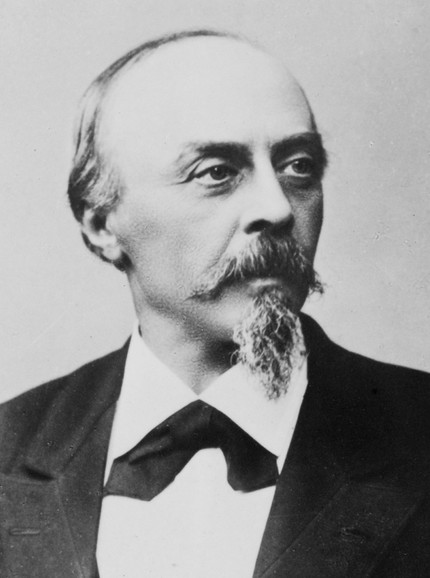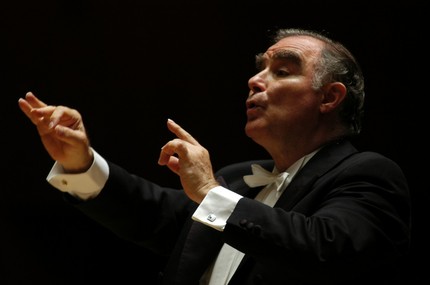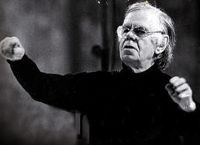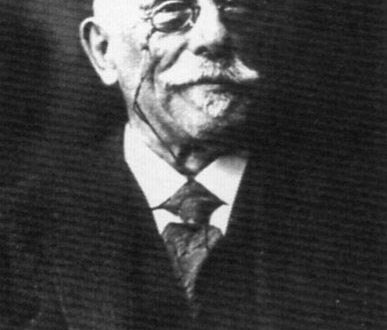
Hans von Bülow |
Hans von Bulow

German pianist, conductor, composer and music writer. He studied in Dresden with F. Wieck (piano) and M. Hauptmann (composition). He completed his musical education under F. Liszt (1851-53, Weimar). In 1853 he made his first concert tour of Germany. In the future, he performed in all countries of Europe and the USA. He was close to F. Liszt and R. Wagner, whose musical dramas (“Tristan and Isolde”, 1865, and “The Nuremberg Mastersingers”, 1868) were first staged by Bulow in Munich. In 1877-80 Bulow was the conductor of the Court Theater in Hannover (staged the opera Ivan Susanin, 1878, etc.). In the 60-80s. As a pianist and conductor, he repeatedly visited Russia and contributed to the spread of Russian music abroad, especially the works of P. I. Tchaikovsky (Tchaikovsky dedicated his 1st concerto for piano and orchestra to him).
Bülow’s performing arts as a pianist and conductor were noted for their high artistic culture and skill. It was distinguished by clarity, polished details and, at the same time, some rationality. In Bülow’s extensive repertoire, which covered almost all styles, the performance of the works of the Viennese classics (W.A. Mozart, L. Beethoven, etc.), as well as J. Brahms, whose work he enthusiastically promoted, stood out in particular.
He was the first to conduct by heart, without a score. Led by him (1880-85), the Meinngen Orchestra achieved high performance skills. Composer of music for the tragedy “Julius Caesar” by Shakespeare (1867); symphonic, piano and vocal works, piano transcriptions. Editor of a number of works by L. Beethoven, F. Chopin and I. Kramer. Author of articles on music (published in Leipzig in 1895-1908).
Ya. I. Milshtein





